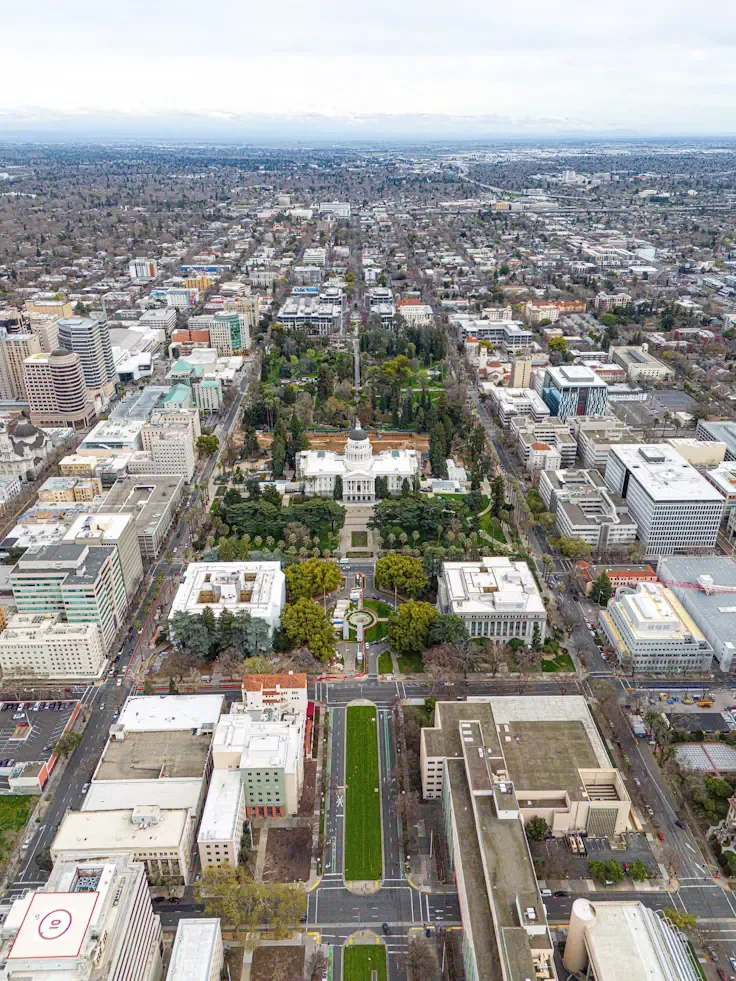Philadelphia
Philadelphia, known as the City of Brotherly Love, is the largest city in Pennsylvania and the sixth-most populous city in the United States. It is rich in history, culture, and civic engagement. The government of Philadelphia operates through a city council system that plays a crucial role in local governance, addressing issues ranging from public safety to urban development. This article explores the structure of Philadelphia’s city council, its function, and the significance of civic engagement in local governance.
Overview of Philadelphia’s City Council
The Philadelphia City Council is a legislative body responsible for enacting laws, approving budgets, and addressing the needs of residents. It is composed of 17 members, including 10 district representatives and 7 at-large members. This dual system allows for local representation while also ensuring that the interests of the city as a whole are considered.
City Council Structure
- District Councilmembers: These councilmembers represent specific geographic areas within Philadelphia, ensuring that local concerns are voiced and addressed. Each district is home to a diverse population, and councilmembers are tasked with advocating for the unique interests of their constituents.
- At-Large Councilmembers: At-large members are elected to represent the city as a whole, providing a broader perspective on issues that affect all Philadelphians. They often focus on city-wide initiatives and policies that benefit the entire community.
- Council President: The Council President oversees the council’s operations, manages meetings, and serves as the spokesperson for the council. The President plays a key role in setting the legislative agenda and facilitating collaboration among councilmembers.
Functions of the City Council
The Philadelphia City Council performs several essential functions that are vital to the city’s governance:
- Legislation: City Council members introduce and vote on bills that affect a wide range of issues, including public safety, health, education, housing, and economic development.
- Budget Approval: The council reviews and approves the city’s budget, which determines funding for various departments and services. This process involves public hearings and discussions to ensure transparency and accountability.
- Oversight: The council monitors the implementation of laws and policies, ensuring that city departments operate efficiently and effectively. They may hold hearings or investigations to address concerns raised by constituents.
- Civic Engagement: City Council encourages civic participation by holding public meetings and forums where residents can voice their opinions, concerns, and suggestions. This engagement is crucial for fostering trust between the government and the community.
Importance of Civic Engagement
Civic engagement is a cornerstone of effective governance in Philadelphia. It empowers residents to take an active role in their community and influences the decision-making process. Here are several ways civic engagement manifests in Philadelphia:
- Public Meetings: The city council holds regular meetings where residents can attend, listen, and participate in discussions about local legislation and issues. These meetings are often livestreamed or recorded, providing accessibility to a broader audience.
- Community Forums: The council often hosts community forums to gather input on specific issues. These forums allow citizens to discuss their concerns and collaborate with councilmembers to find solutions.
- Advocacy Groups: Numerous advocacy groups and organizations work to represent various interests within the city. These groups often engage with councilmembers to influence policy and promote civic initiatives.
- Voting: Participation in elections is a fundamental aspect of civic engagement. Philadelphians are encouraged to vote, not only in local elections but also in state and federal elections, to ensure that their voices are heard at all levels of government.
Conclusion
Philadelphia’s city council is a vital component of the city’s governance, working to address the diverse needs of its residents. With a commitment to civic engagement and transparency, the council encourages Philadelphians to participate actively in local governance. By fostering a collaborative environment between councilmembers and constituents, Philadelphia continues to build a stronger, more resilient community that honors its rich history while looking toward the future.






